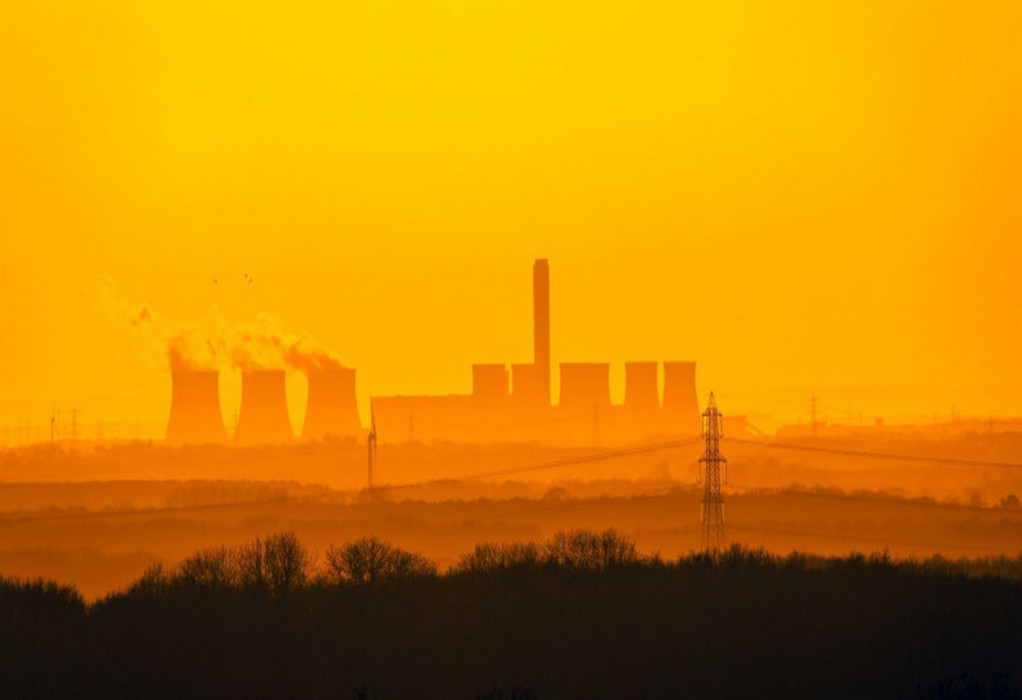Wah Kwong Maritime Transport has teamed up with French class society Bureau Veritas and Shanghai Qiyao Environmental Technology Co., to study the feasibility of installing carbon capture and storage (CCS) units on existing ships. This is aimed at meeting 2030 carbon intensity indicator (CII) targets.
The agreement will see the three entities focus on two types of bulk carriers in operation in the Wah Kwong fleet. Qiyao has developed a customised design of CCS units for the Wah Kwong fleet, while Bureau Veritas reviewed the plans to ensure the safety of the vessels and equipment and that the carbon emission reduction targets are effectively achieved during the operation of the vessels.
The CCS concept has completed laboratory testing and has reportedly achieved a total carbon capture rate of over 85% so far. The CCS unit can be designed for different ship types and sizes, and the design approval of the unit is under review. Subsequent research work will be conducted for oil tankers.
Tags: CCS, CII, Shanghai Quiyao environnmental Technology, Wah Kong Maritime Transport



Recent Posts
Japan Launches Major R&D Project to Advance Shipbuilding with Alternative Fuels
EU Adopts Emissions Standards for Low Carbon Hydrogen to Bolster Clean Energy Market
Trafigura to Implement ZeroNorth’s AI Platform Across Global Fleet
Cochin Shipyard to Construct eCap Marine’s Hydrogen-Fuelled SeaShuttles for Samskip
India Strengthens Hydrogen Economy with Hyundai-IIT Madras Innovation Centre
India Showcases Green Maritime Ambitions at London Investment Meet
Hong Kong Launches Incentive Scheme to Promote Green Maritime Fuel Bunkering
MSC Hosts Sustainability Experience in Antwerp for Global Supply Chain Leaders